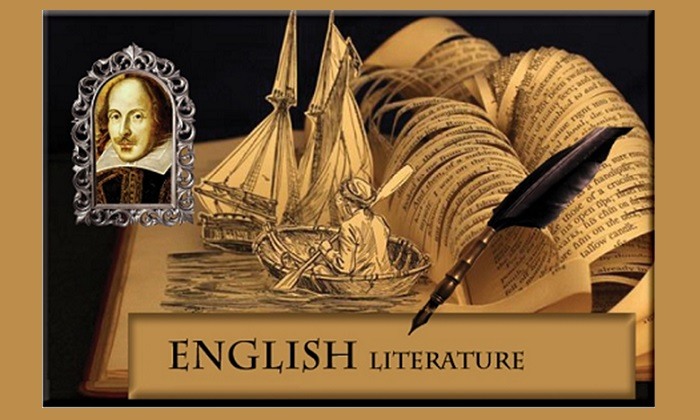
Complete analysis of the poem ‘A Musical Instrument’ by Elizabeth Barrett Browning.
WHAT was he doing, the great god Pan, Down in the reeds by the river ? Spreading ruin and scattering ban, Splashing and paddling with hoofs of a goat, And breaking the golden lilies afloat With the dragon-fly on the river.
GET INSTANT HELP FROM EXPERTS!
- Looking for any kind of help on your academic work (essay, assignment, project)?
- Want us to review, proofread or tidy up your work?
- Want a helping hand so that you can focus on the more important tasks?
Hire us as project guide/assistant. Contact us for more information
He tore out a reed, the great god Pan, From the deep cool bed of the river : The limpid water turbidly ran, And the broken lilies a-dying lay, And the dragon-fly had fled away, Ere he brought it out of the river.
High on the shore sate the great god Pan, While turbidly flowed the river ; And hacked and hewed as a great god can, With his hard bleak steel at the patient reed, Till there was not a sign of a leaf indeed To prove it fresh from the river.
He cut it short, did the great god Pan, (How tall it stood in the river !) Then drew the pith, like the heart of a man, Steadily from the outside ring, And notched the poor dry empty thing In holes, as he sate by the river.
This is the way,’ laughed the great god Pan, Laughed while he sate by the river,) The only way, since gods began To make sweet music, they could succeed.’ Then, dropping his mouth to a hole in the reed, He blew in power by the river.
Sweet, sweet, sweet, O Pan ! Piercing sweet by the river ! Blinding sweet, O great god Pan ! The sun on the hill forgot to die, And the lilies revived, and the dragon-fly Came back to dream on the river.
Yet half a beast is the great god Pan, To laugh as he sits by the river, Making a poet out of a man : The true gods sigh for the cost and pain, — For the reed which grows nevermore again As a reed with the reeds in the river.
Elizabeth Barrett Browning’s evocative poem dwells on the curious paradox of sweet music emerging from the violence and destruction wrought by Pan, the God of Pastures, who decimates the riverbed and crafts his famed flute, and the sweet music of joy.
The experience of enjoyment, then, is often resultant from the tragedy of wisdom and experience, and this is a tragic truth witnessed down the annals of history as well.
When India awakened to freedom at midnight, it also experienced the “memories of madness” in the wake of the partition. A tortuous history of dislocation and dispossession was etched out, and it was in this context of migratory flows, that several communities came to big cities such as Bombay (Mumbai), and sowed the seeds of the lotus of Saraswati, that bloom even in the murkiest of waters like those rippled by a distraught history.

Leave a Reply